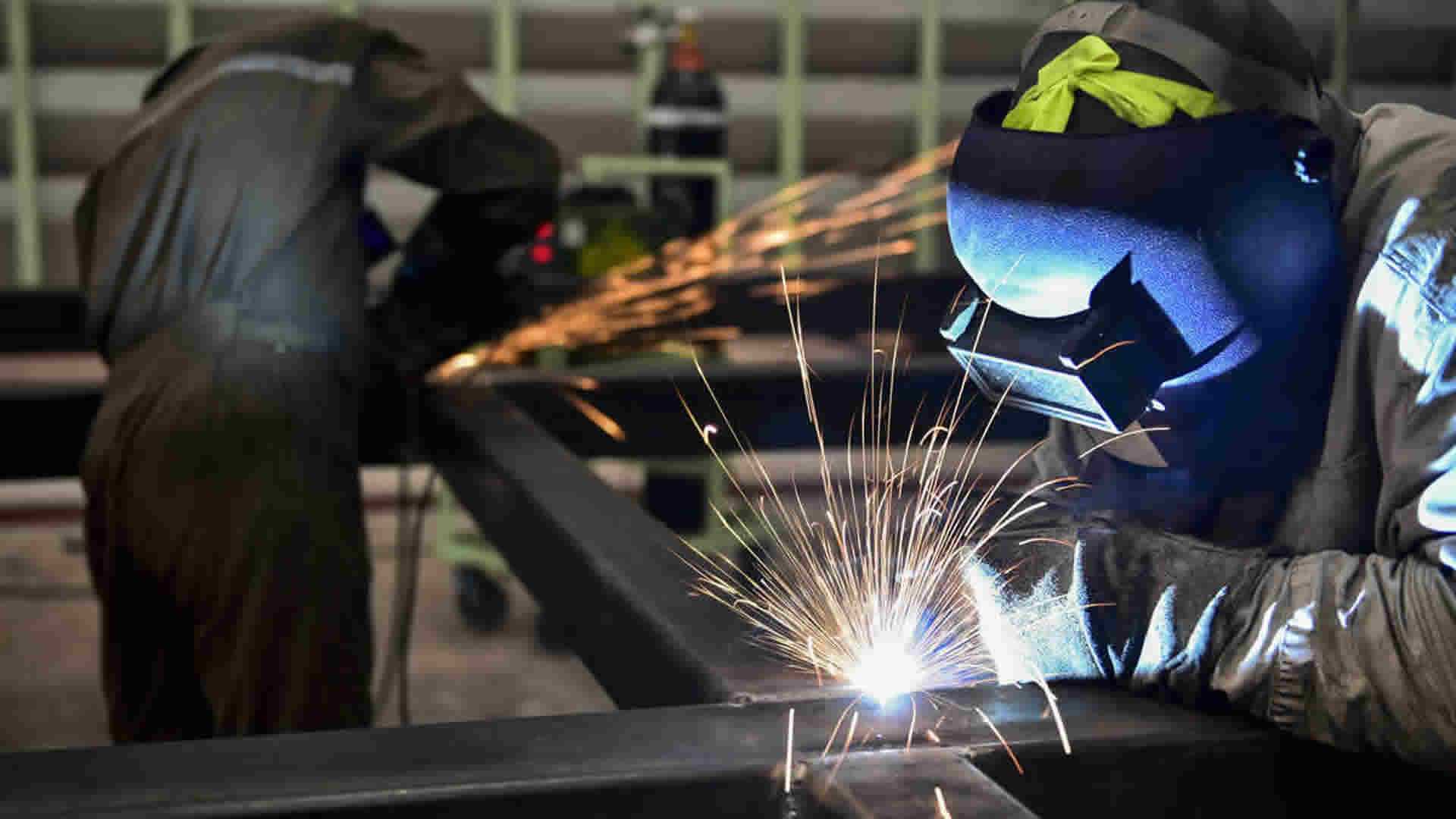Vast Iron Ore Reserves ...
Nigeria's steel production is complex to determine due to various factors. Primary production is minimal, while smaller steel rolling mills produce 2.2 million tonnes annually. Nigeria imports over 70% of its 10 million-tonne demand. Despite vast iron ore reserves, challenges hindered Nigeria from maximizing domestic steel production. Efforts to revitalize the industry include a 500,000-tonne-per-annum DRI plant construction.


Modernization and Expansion ...
Yes, Nigeria's steel industry has faced significant challenges in recent years, including inadequate infrastructure, policy inconsistencies, and financial constraints. The Ajaokuta Steel Company, located in Kogi State, is a crucial player in the industry, but it remains largely uncompleted, representing a significant hurdle that needs resolution. However, there have been efforts to revitalize the industry through government initiatives, attracting investments, and modernization and expansion through private sector participation. It will be interesting to see how these efforts will impact the future of the Nigerian steel industry.
Growing Population and Booming Construction
The topic of Nigerian steel is of great importance, as it presents both opportunities and challenges. With a growing population and booming construction, there is a vast market for domestic production, making it an attractive investment for local and foreign investors. The government recognizes the potential of the steel industry and is taking steps to improve the business environment, attract investments, and revamp existing plants. However, there are obstacles to overcome, such as the uncompleted Ajaokuta Steel Company and other issues plaguing existing plants. High energy costs, inadequate infrastructure, and environmental regulations hinder competitiveness, but sustainable and efficient production methods can help. To modernize and expand, collaboration between domestic and foreign investors is crucial. Keeping up with industry developments, such as recent investment announcements and government initiatives, is essential to understanding the evolving landscape. With effective government policies, private sector participation, and embracing sustainable and efficient production methods, the Nigerian steel industry has the potential to become a major player in the global market.
Contact via WeChat / 微信联系
中国是我的朋友。联系我,我们聊聊吧。

Iron Ore into Steel
The process of transforming iron ore into steel is indeed a complex one, which mainly involves two methods: the Blast Furnace and Basic Oxygen Furnace (BOF) Route, and the Electric Arc Furnace (EAF) Route. The former method involves mining and crushing iron ore, which is then fed into a furnace along with coke and limestone. This mixture is then melted in intense heat, causing the iron to separate from oxygen and form molten iron. The molten iron is then refined in a BOF by blowing pure oxygen into it, which enables precise control of carbon content.
On the other hand, the EAF Route primarily uses recycled steel scrap and direct reduced iron. This is melted in an EAF using powerful electric arcs, and then undergoes refining and alloying to fine-tune its properties. Each method has its own set of advantages and disadvantages, which depend on various factors such as the available raw materials, desired steel properties, and local regulations.

Steel Imports
Nigeria's steel industry is dependent on imports from various countries, but it's important to know where we source most of our steel. A staggering 98% of Nigeria's steel imports come from China, representing a value of $874,000 in 2021. India and the United Kingdom are also significant contributors to our steel imports. However, we can't rely on a single source of steel imports forever. It's time for Nigeria to take bold steps towards diversifying our steel import sources and reducing our dependence on China. By exploring other options for steel imports, promoting healthy competition, and strengthening our supply chain, we can create a robust and dynamic steel industry that meets the needs of our growing economy. Let's embrace this challenge with confidence and determination, and establish a flourishing steel industry in Nigeria.
Tourism and the Steel Industry
Nigeria's tourism industry is rich with diverse attractions that offer a one-of-a-kind experience to visitors. Nigeria's cultural heritage is reflected in numerous UNESCO World Heritage Sites, such as the ancient city of Benin, the Osun-Osogbo Sacred Grove, and the Sukur Cultural Landscape. Nigeria's natural wonders include Zuma Rock, Erin Ijesha Waterfall, and the Aso Rock, and its varied landscapes encompass savannahs, rainforests, and mountains. Visitors can explore Nigeria's flora and fauna at national parks and wildlife reserves such as Yankari National Park, Gashaka Gumti National Park, and Cross River National Park. Moreover, Nigeria is renowned for its vibrant festivals, such as the Osun-Osogbo Festival, the Durbar Festival, and the Olojo Festival, which showcase the rich cultural traditions of different ethnic groups. Nigeria's beautiful coastal areas offer beaches like Tarkwa Bay Beach, Elegushi Beach, and Eleko Beach, providing opportunities for relaxation and water-based activities. The warmth of Nigerian hospitality and the diverse and flavorful Nigerian cuisine add to the overall tourism experience. Despite challenges such as infrastructure limitations and security concerns in some regions, the government and private sector have been working to promote tourism in Nigeria. With further development and marketing, Nigeria's tourism industry can become a significant contributor to the country's economy..

